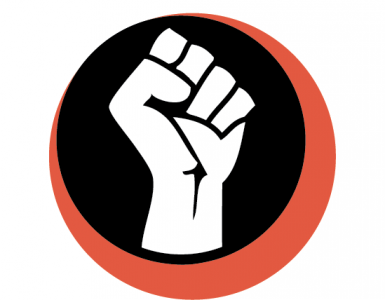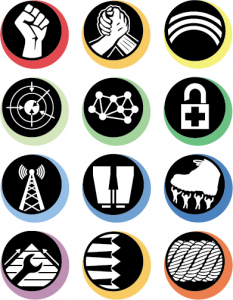How do movements fight when they want to win, and what holds us back?
In a nutshell: Much of the left has forgotten, mythologized, or sanitized social movements of the past and does not understand how those struggles were actually won; movements win by developing political force, by developing cultures of resistance, and by taking action.
| In this chapter: | |
| Elaho Valley – A movement protecting ancient forests in the Elaho Valley reaches the limits of polite protest; they escalate to direct actions, tree sits, and sabotage. (p. 35) | |
| Victory and Defeat – To win we have to understand how movements have succeeded in the past; if we don’t do that, we risk falling into a culture of defeat. (p. 44) | |
| The Iron Law of Involution – Movements that don’t win short-term gains tend to turn inward, split into sects, or become isolated and ideologically puritanical; to avoid this movements must consciously reach outward. (p. 50) | |
| The Liberal Class – Many of the left’s dysfunctional habits come from the privileged status of its most vocal members; their privilege means they don’t want fundamental change. (p. 53) | |
| The Myth of Pacifist Persuasion – Social movements don’t win by changing the hearts and minds of those in power; they win through direct action and disruption, by making it difficult or expensive for those in power to do bad things. (p. 56) | |
| The Deacons for Defense – The importance of direct action is clearly demonstrated in historical movements like the Civil Rights struggle, especially with the role of an important (but little-known) armed Civil Rights group called the Deacons for Defense. (p. 65) | |
| Cultures of Resistance – Effective movements tend to emerge from and reinforce cultures with key characteristics (including oppositional culture, solidarity, risk and self-sacrifice, and conscious movement-building). (p. 77) | |
Movements and groups in this chapter:
Featured: Elaho Valley Forest Defenders, Deacons for Defense. Discussed: Civil Rights, Rosa Parks / Montgomery Bus Boycott, Freedom Rides, Lunch Counter Sit-ins, Community Environmental Legal Defense Fund, Anti-Nazi Resistance in Occupied Europe, African National Congress / Nelson Mandela, Indian Independence Movements, Indian National Army, Quit India, Royal India Navy Mutiny. Mentioned: Anti-Colonial Revolutions (Algeria, Vietnam), Métis Rebellions, 1800s Communes, Anti-Apartheid Sabotage Campaigns, Black Panther Party, Congress of Racial Equality, NAACP.






